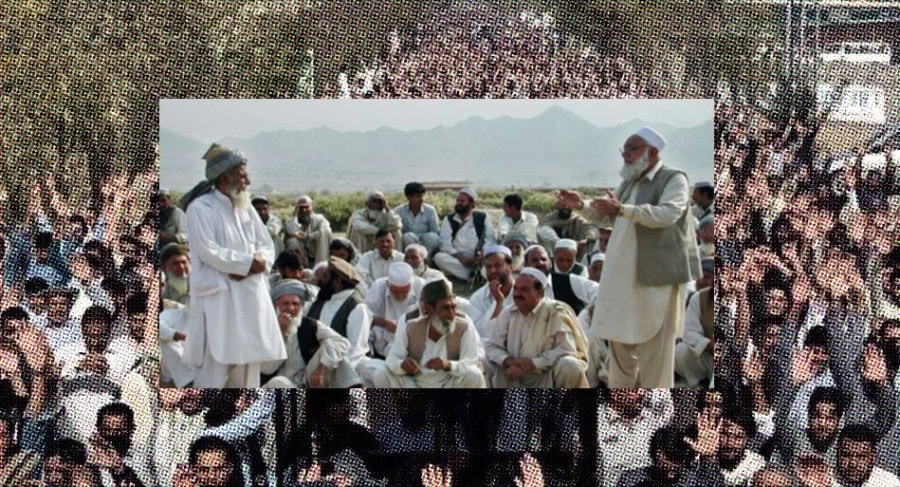PESHAWAR – A sigh of relief for residents of violence hit Kurram region as peace agreement was signed between warring tribes after a three-week-long peace jirga (tribal council) in Kohat, with over dozen points aimed at resolving longstanding disputes.
The jirga, led by Kohat Commissioner Muataasim Billah, successfully united both sides, each represented by 45 individuals. After several days of detailed deliberation, both sides inked agreement, which has been hailed as a major breakthrough. The deal calls for a ceasefire, dismantling of checkpoints, the surrender of heavy weapons to government custody, and collaborative efforts with law enforcement to restore peace in the region.
Jirga members confirmed that both parties are bound by the decisions of the apex committee, and any violations of the agreement will be handed over to the authorities. The agreement also addresses compensation for damages caused by the ongoing conflict, and plans to reopen vital roads, including the critical route to Parachinar, have been set in motion.
The road blockages, which had led to severe shortages of food and medical supplies, have sparked protests in Parachinar since last month. Residents have staged sit-ins, calling for the reopening of roads and an end to the lawlessness. The peace agreement is expected to resolve these issues, with convoys scheduled to depart for Parachinar on Saturday, bringing much-needed relief to the area.
Although the jirga faced delays due to the absence of two representatives from Lower Kurram, one of whom was unable to attend due to a family bereavement, the agreement was finalized after these issues were resolved. Only three signatures remained to formally complete the agreement.
Spokesperson of KP government Barrister Saif announced the successful conclusion of the peace talks, while Chief Minister Ali Amin Gandapur expressed his hope that the deal would usher in a “new era of peace and development” for Kurram.
The signing of the peace agreement has been widely praised as a hopeful sign that the people of Kurram are committed to building a peaceful future.
Recent sectarian violence in northwestern Pakistan left around 150 people dead in the past few months. Gunmen attacked one group convoys in Kurram, killing over 40 and injuring 11. In retaliation, the other group targeted set Bagan bazaar and surrounding homes on fire, destroying over 300 shops and 100 houses. The Kurram district has a history of sectarian conflict, and the latest attacks have heightened tensions in the region, with local authorities working to contain the violence.










